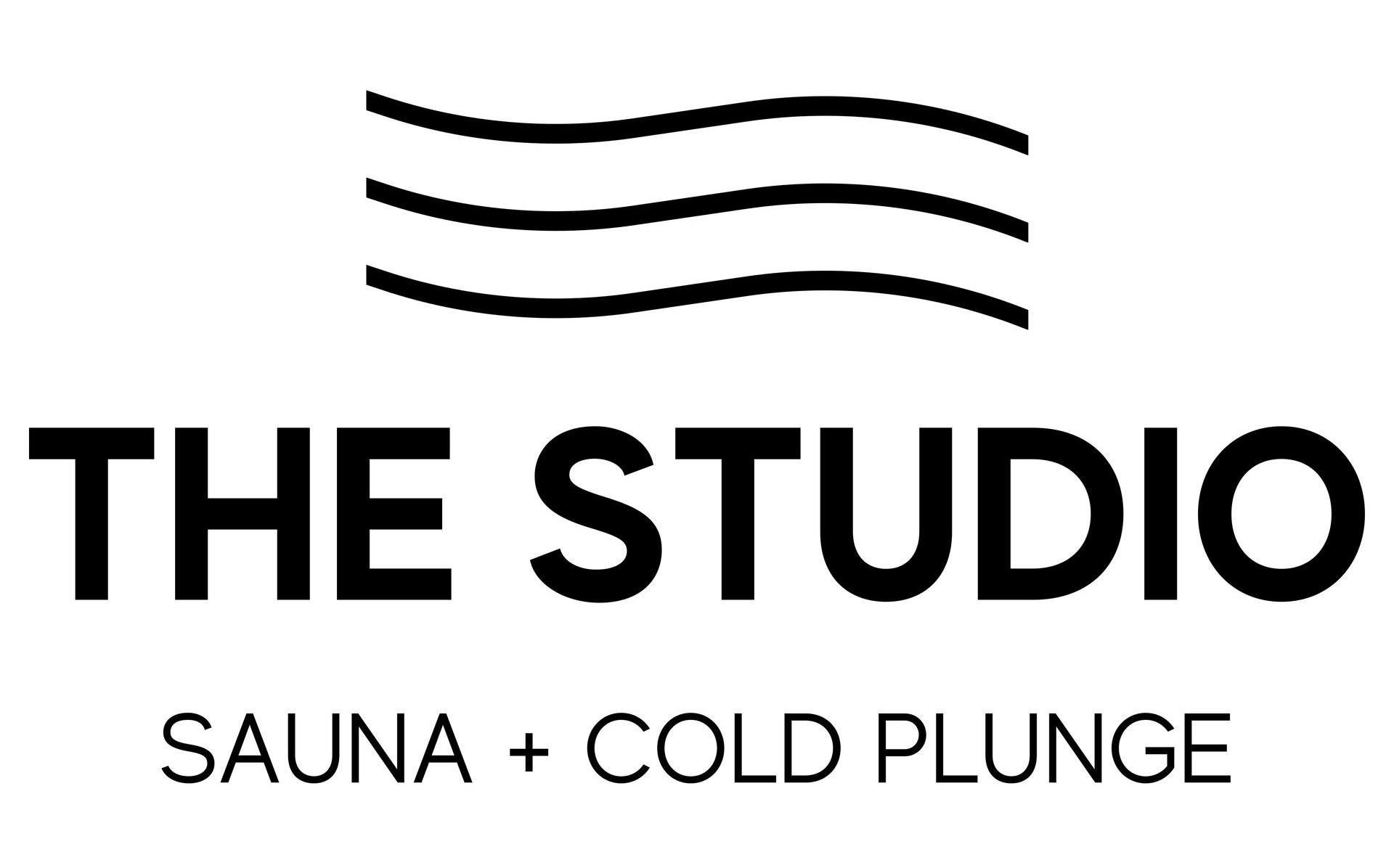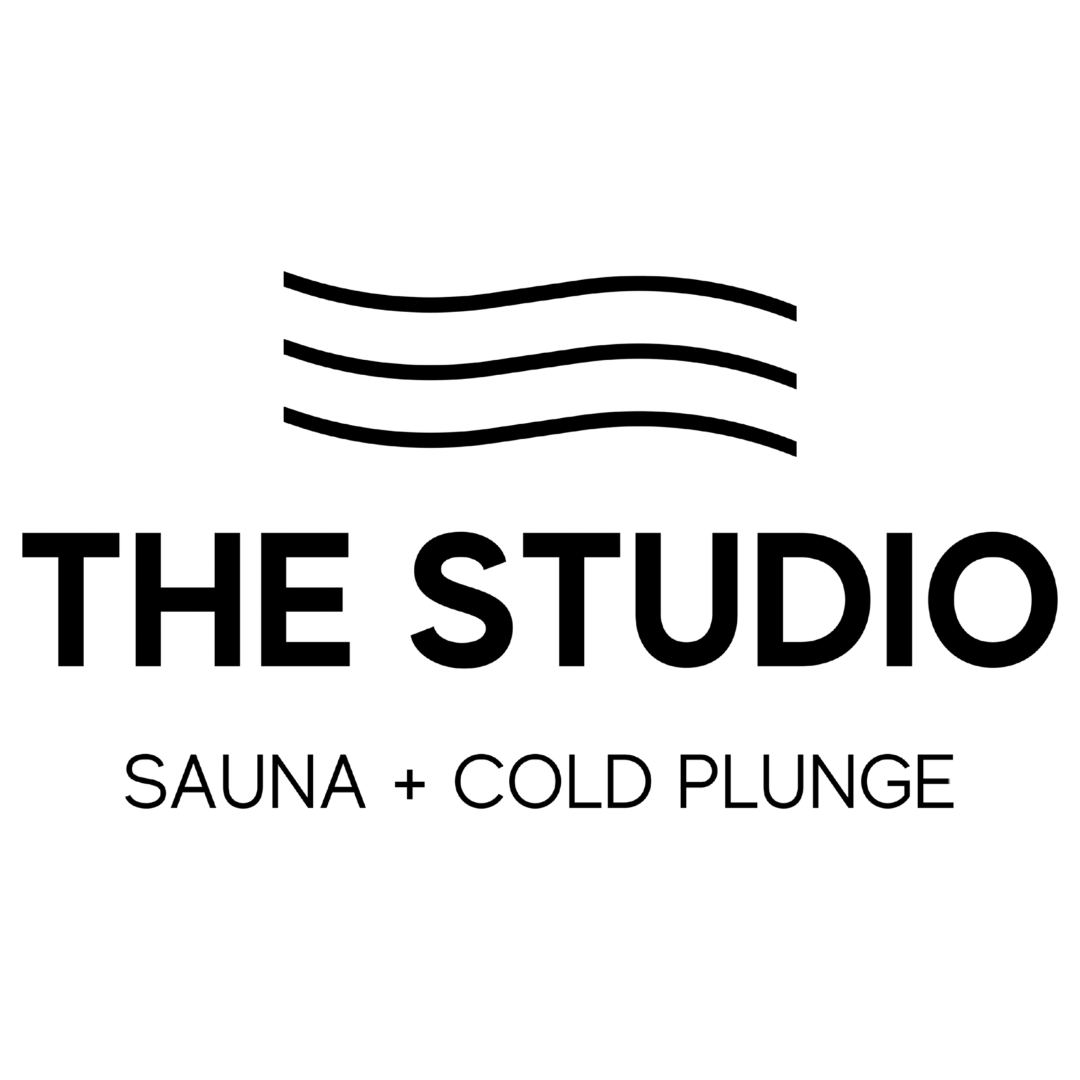All About Protein
Complete vs Incomplete Proteins
1. Understanding Proteins: Proteins are essential macromolecules made up of amino acids, which play a critical role in the structure, function, and regulation of the body's tissues and organs. They are involved in a variety of biological processes, including enzyme activity, immune response, and cellular signaling.
2. Amino Acids and Their Classification: Amino acids, the building blocks of proteins, can be classified into two categories: essential and non-essential amino acids.
-Essential Amino Acids (EAAs): These cannot be synthesized by the body and must be obtained from the diet. There are nine essential amino acids: histidine, isoleucine, leucine, lysine, methionine, phenylalanine, threonine, tryptophan, and valine.
-Non-Essential Amino Acids: These can be synthesized by the bodyand include alanine, aspartic acid, glutamic acid, and serine.
3. Complete Proteins: Complete proteins contain all nine essential amino acids in sufficient quantities to meet the body's needs. They are typically found in animal products, such as:
-Meat: Beef, poultry, and pork
-Fish: Salmon, tuna, and other seafood
-Dairy: Milk, yogurt, and cheese
-Eggs: Particularly rich in protein and all EAAs
Plant sources of complete protein are less common but include:
-Quinoa: A grain-like seed that contains all essential amino acids.
-Soy: Foods like tofu, tempeh, and edamame are rich in complete proteins.
-Chia Seeds and Hemp Seeds: Also contain all essential amino acids.
4. Incomplete Proteins: Incomplete proteins lack one or more of the essential amino acids, Most plant-based proteins fall into this category, including:
-Legumes: Beans, lentils, and peas
-Grains: Rice, wheat, and oats
-Nuts and Seeds: Almonds, sunflower seeds, and walnuts
While these proteins may not provide all essential amino acids alone, they can be combined with other protein sources to create a complete protein profile. For instance, rice and beans together offer all the essential amino acids necessary for human health.
5. Protein Complementation: The concept of protein complementation involves combining different sources of incomplete proteins to achieve a complete amino acid profile. This is particularly important for vegetarians and vegans, who may not consume animal products. Common combinations include:
-Rice and Beans
-Peanut butter on whole-grain bread
-Hummus and pita
These combinations allow individuals to meet their protein needs while following a plant-based diet.
6. Protein Synthesis: Protein synthesis is the process by which cells create proteins, and it occurs in two stages: transcription and translation
-Transcription:
-This occurs in the nucleus of the cell, where DNA serves as a template for the synthesis of messenger RNA (mRNA).
-The DNA unwinds, and RNA polymerase reads the DNA sequence, synthesizing a complementary strand of mRNA.
-Once synthesized, mRNA exits the nucleus and enters the cytoplasm, where it will guide protein synthesis.
-Translation:
-Translation occurs in the cytoplasm, specifically on ribosomes, which can be found free-floating or attached to the endoplasmic reticulum (ER).
-The mRNA binds to the ribosome, and transfer RNA (tRNA) molecules transport specific amino acids to the ribosome.
-Each tRNA molecule has an anticodon that pairs with a corresponding codon on the mRNA strand, ensuring that the correct amino acids are added in the proper sequence.
-The ribosome catalyzes the formation of peptide bonds between adjacent amino acids, elongating the polypeptide chain until a stop codon is reached.
7. Regulation of Protein Synthesis: Protein synthesis is tightly regulated to ensure that proteins are produced in the right amounts and at the right times. Factors influencing protein synthesis include:
-Hormones: Insulin and growth hormone can promote protein synthesis , while cortisol may inhibit it.
-Nutritional Status: Adequate intake of amino acids, particularly EAAs, is essential for effective protein synthesis.
-Cellular Signals: Signaling pathways, such as the mTOR pathway, play a crucial role in regulating protein synthesis in response to growth factors and nutrient availability.
8. The Role of Dietary Protein in Protein Synthesis: The body continuously synthesizes and degrades proteins, a process known as protein turnover. Dietary protein provides the amino acids necessary for this process. A sufficient intake of high-quality protein (which contain all essential amino acids) is vital for:
-Muscle Repair and Growth: Especially important for athletes and those engaged in resistance training.
-Enzyme Production: Enzymes that facilitate biochemical reactions require protein for their synthesis.
-Hormonal Regulation: Many hormones are proteins or peptides that regulate physiological processes.
9. Consequences of Inadequate Protein Intake: Insufficient protein intake can lead to several health issues, including:
-Muscle Wasting: Decreased muscle mass and strength, particularly in the elderly
-Immune Dysfunction: Reduced ability to mount an immune response due to insufficient antibodies and immune cells.
-Edema: Protein deficiency can cause fluid imbalance, leading to swelling in tissues.
Impaired Growth and Development: In children, inadequate protein can hinder growth and cognitive development.
Conclusion:
In summary, understanding the distinction between complete and incomplete proteins is crucial for developing a balanced diet. Protein synthesis is a complex but essential process for maintaining cellular functions and overall health. Adequate protein intake, whether from animal or plant sources, is vital for supporting these biological processes and ensuring optimal health. By recognizing the importance of protein quality and the concept of protein complementation, individuals can better meet their nutritional needs, regardless of their dietary preferences.
It is our belief that an omnivorous diet free from processed foods, seed/vegetable oils, added hormones, and pesticides is the way to go to obtain optimal nutrition. We are also believers in supplementation, but that's a blog for a later date. As far as protein goes, not all proteins are created equal, and the more you know the more equipped you are to make the best decisions for you.
From our personal preference, here are some of our favorite protein sources and supplements that are easily available in local stores:
1. Grassfed and Finished Beef
2. Organic and Pasture raised eggs
3. Organic Hormone-free Chicken
4. Wild Caught Salmon
5. Ground Bison
6. Cottage Cheese
7. Greek Yogurt
8. Equip Protein Powder (Extremely clean, sourced from grassfed beef)
9. Paleovalley Bone Broth Protein (Extremely clean, good source of collagen, easily digestible)
10. Kirkland Signature Protein Powder (Relatively clean, best bang for your buck powder)
On a side note, soy is listed as a complete protein. We do not recommend soy as a protein source as it can lower testosterone levels and raise estrogen levels which can be detrimental to both men AND women. Most plant protein supplements are extremely processed and we do not recommend them as most of them also do not contain a complete protein source anyway. Read your nutrition labels, and please read the INGREDIENTS listed!!!
Much health and happiness to you and yours!




